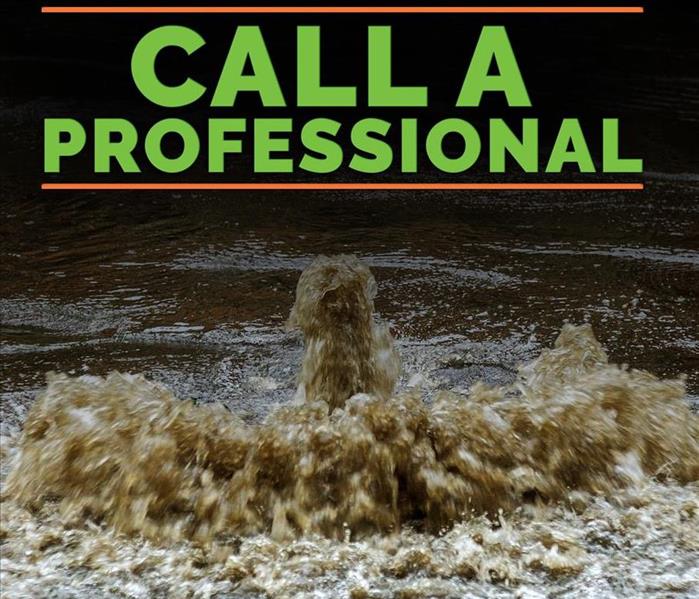Why Does Sewage Back Up in a Basement?
4/24/2019 (Permalink)
Sewer damage predominantly affects the basements of residences where floor drains and drain cleanouts are located. It is possible to prevent clogs in secondary lines by only flushing suitable materials, but a variety of issues can impact main lines. Here are some of the most common causes of a flooded basement at a residence in Campbell, KY, along with ways for a homeowner to avoid this type of damage.
Blocked Lines
A primary or secondary line may become blocked in a number of ways. Homeowners can take the following steps to prevent blockages:
• Avoid flushing materials other than toilet paper
• Treat lines with foaming tree root killer
• Schedule line cleanings every 18 to 22 months
Backed up or flooded municipal mains are typically not the responsibility of a homeowner. Most standard property insurance policies still exclude flooding and sewage damage without an additional endorsement.
Storm Water Overflows
Heavy rains or rising surface water can cause a municipal main to overflow. If this is prone to happen in Campbell, KY, a homeowner should consider having the right type of preventative equipment installed:
• Backflow valve
• Standpipe
• Overhead sewer
A plumber can determine whether any of these options could reduce the risk of backing up and a flooded basement. Costs may range from hundreds to thousands of dollars, but may end up being more affordable than restoring damage.
Illegal Connections
Installing the wrong flood prevention equipment can also result in a backup. Homeowners should never connect a French drain, sump pump or any other system to a sanitary sewer. These mechanisms can introduce silt to the system and cause a backup.
A homeowner should take measures to prevent a flooded basement. If damage occurs, it is important to resolve the underlying issue and arrange for mitigation and restoration. Sewage damage should be disinfected and dried to avoid further primary damage and mold growth.




 24/7 Emergency Service
24/7 Emergency Service
